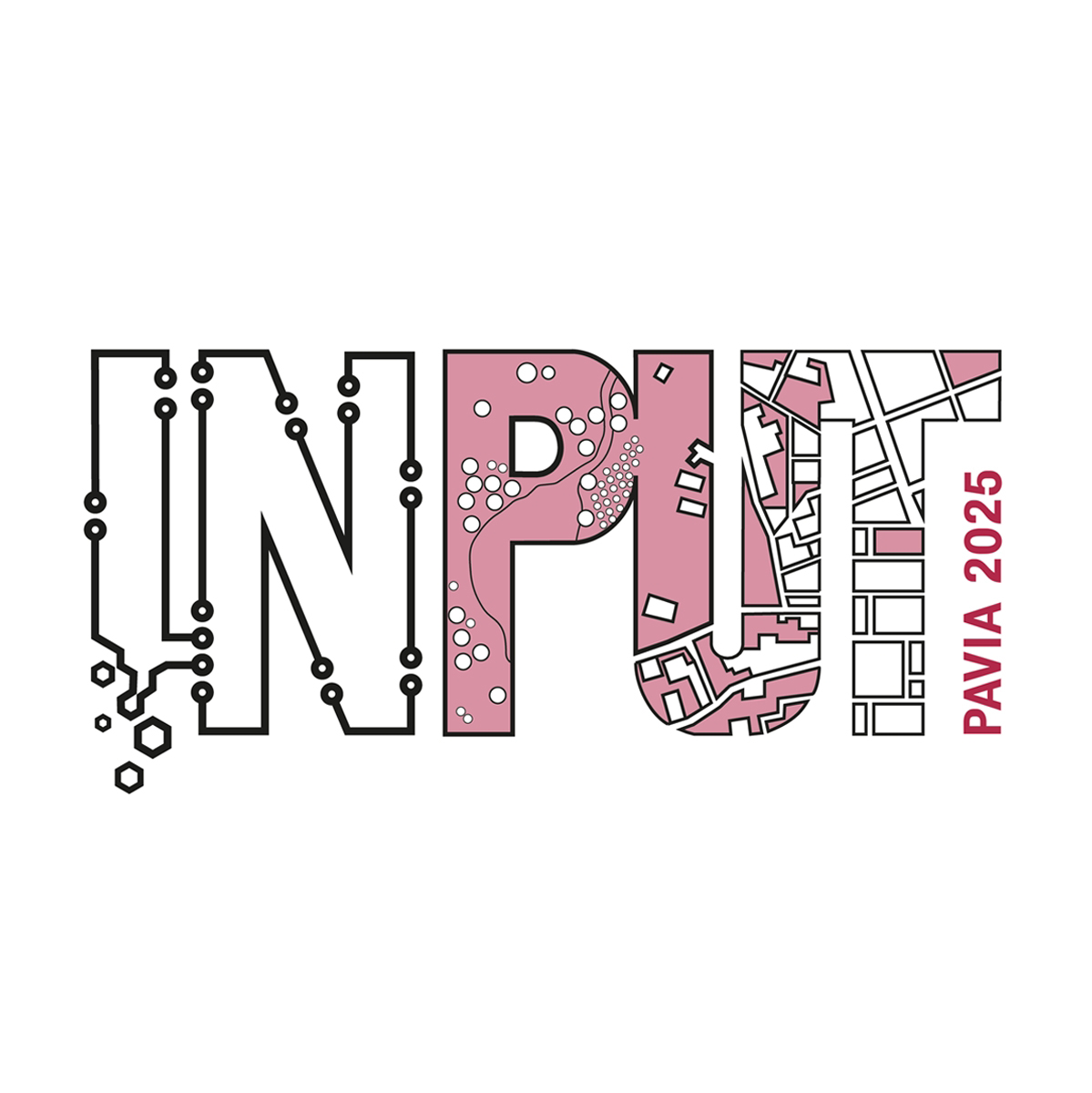Transition’s Management: Ecological, Energetic, Economic
INPUT 2025 Scientific Committee
The perspective taken in relation to the management of ecological, energy and economic transition processes is based on the paradigm of spatial planning oriented toward maximizing the benefits produced by ecosystems.
Ecosystem services (ESs) deliver benefits to human beings by the provision of goods and services, by regulating or supporting natural processes in order to improve life quality, and by increasing the cultural level of the local societies. These services are produced by ecosystems, which are “dynamic complex[es] of plant, animal and micro-organism communities and their nonliving environment interacting as a functional unit” (United Nations Convention on Biological Diversity, 1992: Article 2).
As regards the United Nations Convention on Biological Diversity, ratified by Italy by Law no. 1994/124, an ecosystem is “a dynamic complex of plant, animal and micro-organism communities and their nonliving environment interacting as a functional unit”. Ecosystem goods and services, unequivocally defined as “ecosystem services”, represent the benefits human populations derive, directly or indirectly, from ecosystem functions (Costanza et al., 1997).
When trying to assess the ESs of natural resources the usual vision is always based on qualitative approaches. We all know how important the environmental services are and that they are worth protecting and restoring. But it is really difficult to compare the costs, which can be easily revealed in monetary terms, to the benefits, which are always in the abstract world of ideas. Actually, it is impossible to compare apples to oranges. It would be of huge utility for planning and managing to have tools that bridge this gap.
The Session aims to address a series of questions, among which the most relevant are listed below:
- Sustainable management of natural resources (including: water management, land use and land cover changes, biodiversity) leading to enhanced supply of ecosystem services;
- Synergies and trade-offs in ecosystem services’ provision;
- Mapping ecosystem services supply and demand;
- Development and testing of indicators for the assessment of ecosystem services and their trade-offs;
- Development and implementation of toolkits for the assessment of ecosystem services;
- Assessment of ecosystem services and its integration into decision-making processes;
- The ecosystem-based approach within spatial planning tools.
Keywords: spatial planning, climate adaptation, ecosystem services, green infrastructures, Nature-based Solutions
